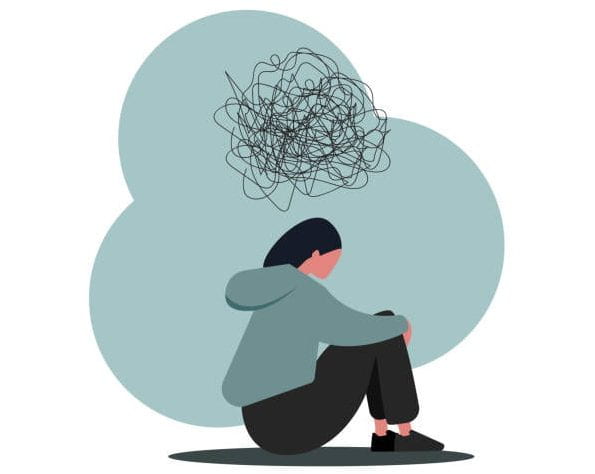As a result of the pandemic, many of us may have felt lonely or isolated in a way that was never experienced before. Meaningful life moments were put on hold or cancelled while work and school shifted to largely virtual platforms. The disruption has impacted us all in different ways and has even led to loneliness being classified as a public health concern. Reflecting on this time and utilizing resources for dealing with loneliness, rebuilding community and social reconnection offers a hopeful way forward.
In understanding loneliness, there are several dimensions to the feeling that individuals experience to varying degrees dependent on their life stage as well as other factors. Loneliness often presents itself when there is a gap that forms between an individuals current relationships and the connections they desire or need. It can also exist from a lack of regular social contact or a lack of close, personal relationships with others.
The impacts of loneliness on an individual’s overall health are significant. Those experiencing loneliness may disconnect from family, friends and colleagues. And while, it might seem overwhelming to think about how to find ways to be social or make more meaningful connections. taking small steps can make a big difference.
If you or a colleague, friend or family member are exhibiting signs of loneliness and isolation, try one of these ideas to stay connected with others. Additionally, these tips can be used to help in reconnecting with others or making interactions more meaningful, while reducing the feeling of loneliness.
For additional support, you and your household members can give the GW EAP a call for free, confidential counseling and referrals 24/7.

